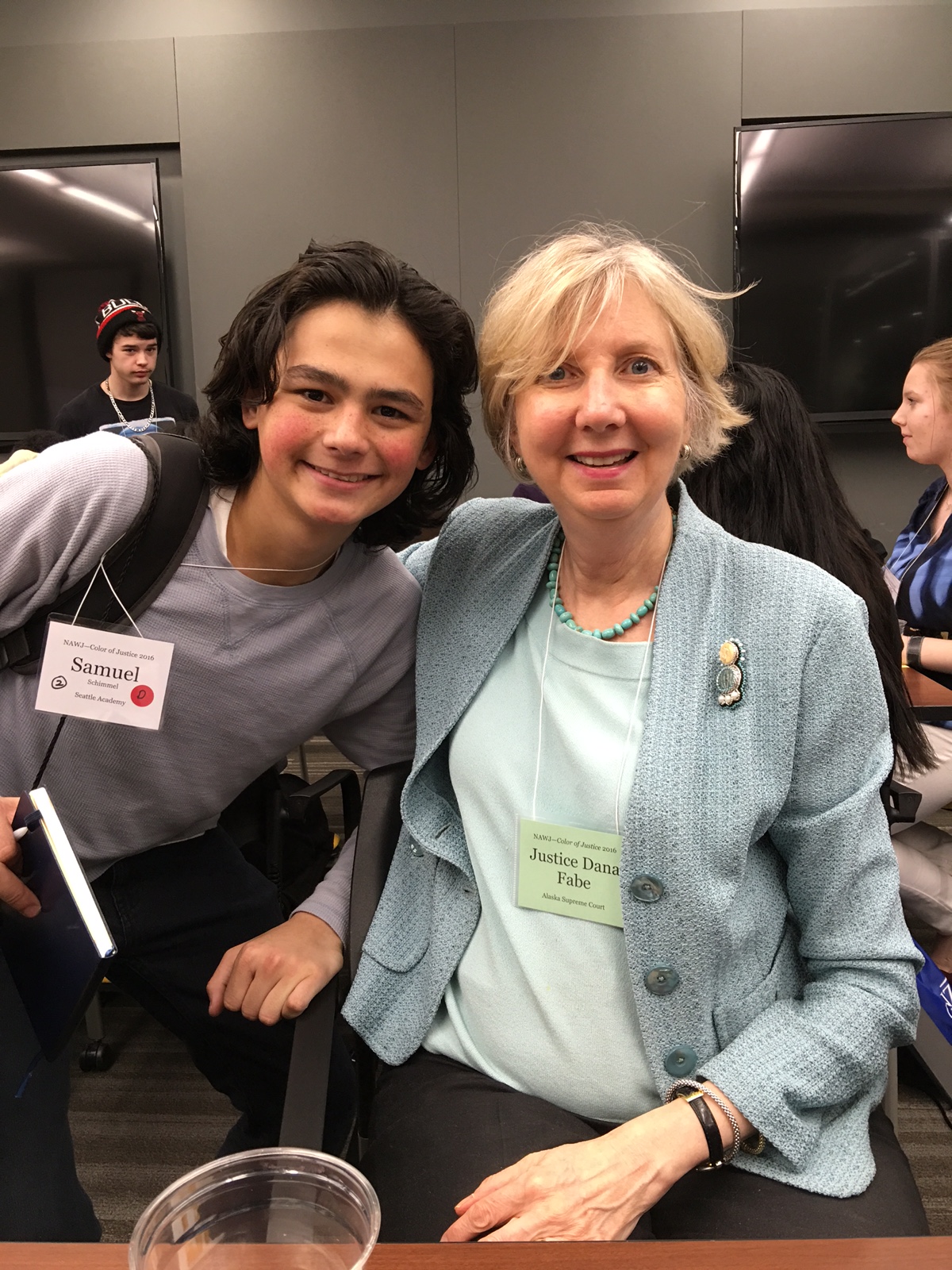Shareholder of the Year

WILLIAM DEAN KVASNIKOFF JR.
Ninilchik, Alaska
William Dean Kvasnikoff Jr. was born in the village of Ninilchik, Alaska, to one of its original founding families. He wrote a letter to CIRI nearly 30 years ago expressing his concerns about trespass and other activities taking place on CIRI’s land.
Since then, Dean has served as a consultant, working to safeguard and protect CIRI’s land interests on the Kenai Peninsula, successfully advocating for raising the Alaska Native hire number on CIRI timber contracts, and providing directions and other information to CIRI shareholders who hunt on the Kenai Peninsula.
Dean is a member of and currently serves as the vice president of the Ninilchik Village Tribe. A long-time advocate for subsistence rights, he has worked to change state land policy while also serving in many governor-appointed taskforce positions.
Dean and his wife Lynda, who he met while he was on leave from the U.S. Navy in 1960, have taught their five children the traditional ways of life and encourage younger generations to get involved with their Alaska Native corporations.
Elder of the Year
 CHARLES “CHARLIE” TOLOFF
CHARLES “CHARLIE” TOLOFF
Kenai, Alaska
Charles “Charlie” Toloff, born the oldest of nine children in Fort Gibbon, Alaska, has always practiced self-sufficiency, rarely seeking help from others and always finding resourceful ways to make ends meet. Whether working on the railroad or herding dairy cattle, Charlie has worked hard his entire life.
Through subsistence activities, Charlie has consistently provided food for his family, teaching them traditional ways to provide for themselves and always offering a hand up. Well known for his generosity, he has dedicated his life to ensuring that not only his family, but his community, never goes without.
At 97 years of age, Charlie is CIRI’s oldest living shareholder. He continues to actively participate in subsistence activities and to pass down his traditional knowledge to others.
Youth Recognition Award
 SAMUEL SCHIMMEL
SAMUEL SCHIMMEL
Seattle, Wash.
A CIRI descendant of Siberian Yup’ik and Kenaitze Indian heritage, Samuel “Sam” Schimmel spent his youth in Gambell and Kenai, Alaska, and in Washington State. He learned traditional subsistence techniques from his family, including catching fish at the age of 2 and hunting with a rifle by the age of 6.
The strength of his cultural identity helped Sam adapt to challenging circumstances, prompting him to advocate for counteracting the effects of intergenerational trauma, such as suicide and substance abuse, by reinforcing family and community bonds and preserving Native lands, cultures and traditions.
Sam has served as an intern for Alaska’s Congressional delegation in Washington, D.C., a youth representative at the Alaska Federation of Natives Convention and a youth panelist for the Western Region Generation Indigenous Youth Conference, where he joined Alaska Senator Lisa Murkowski in signing a bill to create a commission for Alaska Native children.
Sam’s efforts to improve the health, safety and wellbeing of Native youth resulted in his selection as one of five youth from across the country named to the Center for Native American Youth’s 2017 class of Champions for Change and his appointment to the center’s youth advisory board.
Sam’s passion about the effects of climate change on Arctic communities and subsistence lifestyles led him to work on a Smithsonian Institution biological and botanical research project for St. Lawrence Island and meet with U.S. Secretary of Agriculture Tom Vilsack to advocate for government support during subsistence emergencies. Sam was also appointed to Governor Walker’s Alaska climate leadership team and was selected as a youth delegate for the Tribal Nations Conference. He is currently a first-year student at Stanford University.



